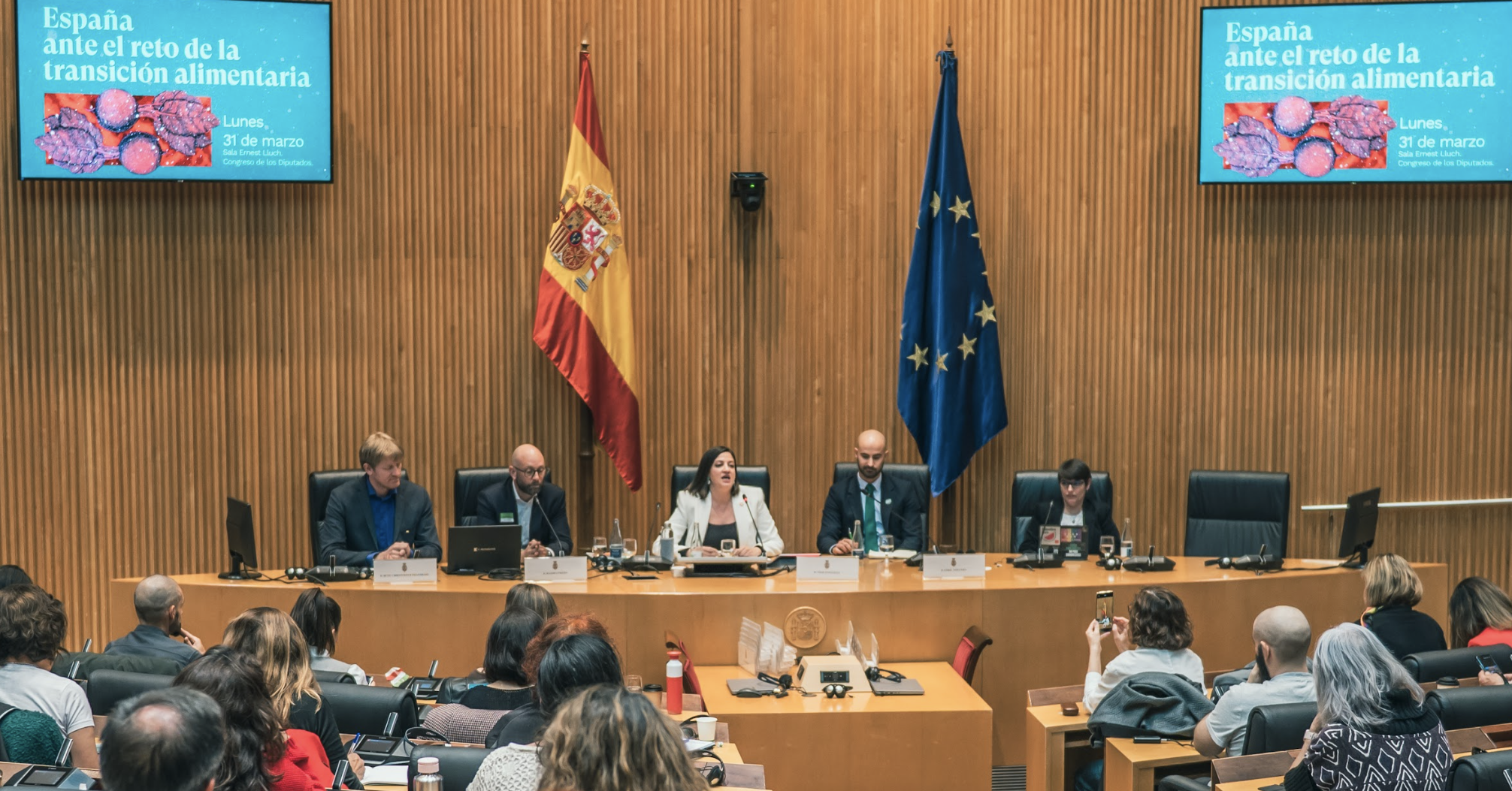We’re excited to share an update on Animal Law Focus’s expanding work to protect (land) farmed animals in Chile and the Global South!
Chile is one of Latin America's largest producers of animal products, ranking among the top global exporters of pork and poultry. Thousands of factory farms operate under weak regulatory oversight, with poor enforcement of existing animal welfare laws. Despite the economic reliance on industrial farming, legal protections remain severely lacking, leading to systematic violations, unchecked cruelty, and unsanitary conditions across breeding, transport, and slaughter operations.
Government reports highlight widespread non-compliance, but companies rarely face meaningful consequences due to limited enforcement capacity. Meanwhile, we can find key global developments involving Chile and its farming industry, such as expanding to Vietnam as a major export market for pig and chicken meat, putting millions more animals at risk, and signing a new EU Trade Agreement, effective since February 1, that reduces tariffs on meat exports, but including animal welfare commitments, offering new opportunities for accountability.
Our in-depth project and holistic approach into Chile’s farmed animal industry will: (1) identify regulatory gaps; (2) improve enforcement mechanisms and welfare standards; (3) address non-compliant practices; (4) allow us to work with companies with a compliance strategy in a permanent and lasting way over time, without losing track.
Because we believe we are stronger together, we have signed new partnerships with Animal Libre in Chile to support advocacy and investigations, and ARBA Perú, to begin the first stages of evaluating the conditions for extending our strategy to Peru.
We aim to expand this project across the Global South, focusing on Peru, Argentina, Brazil, South Africa, Kenya, India, the Philippines, Pakistan, and are very interested in creating alliances and collaborations with other organisations in these countries to evaluate working together for farm animals.
To find out more, read our new article on our blog. If you would like to help us in our mission, follow us on our social media channels, subscribe to our newsletter or consider making a donation.


